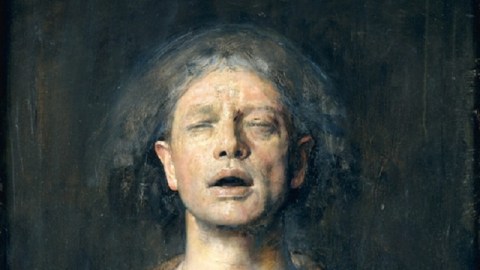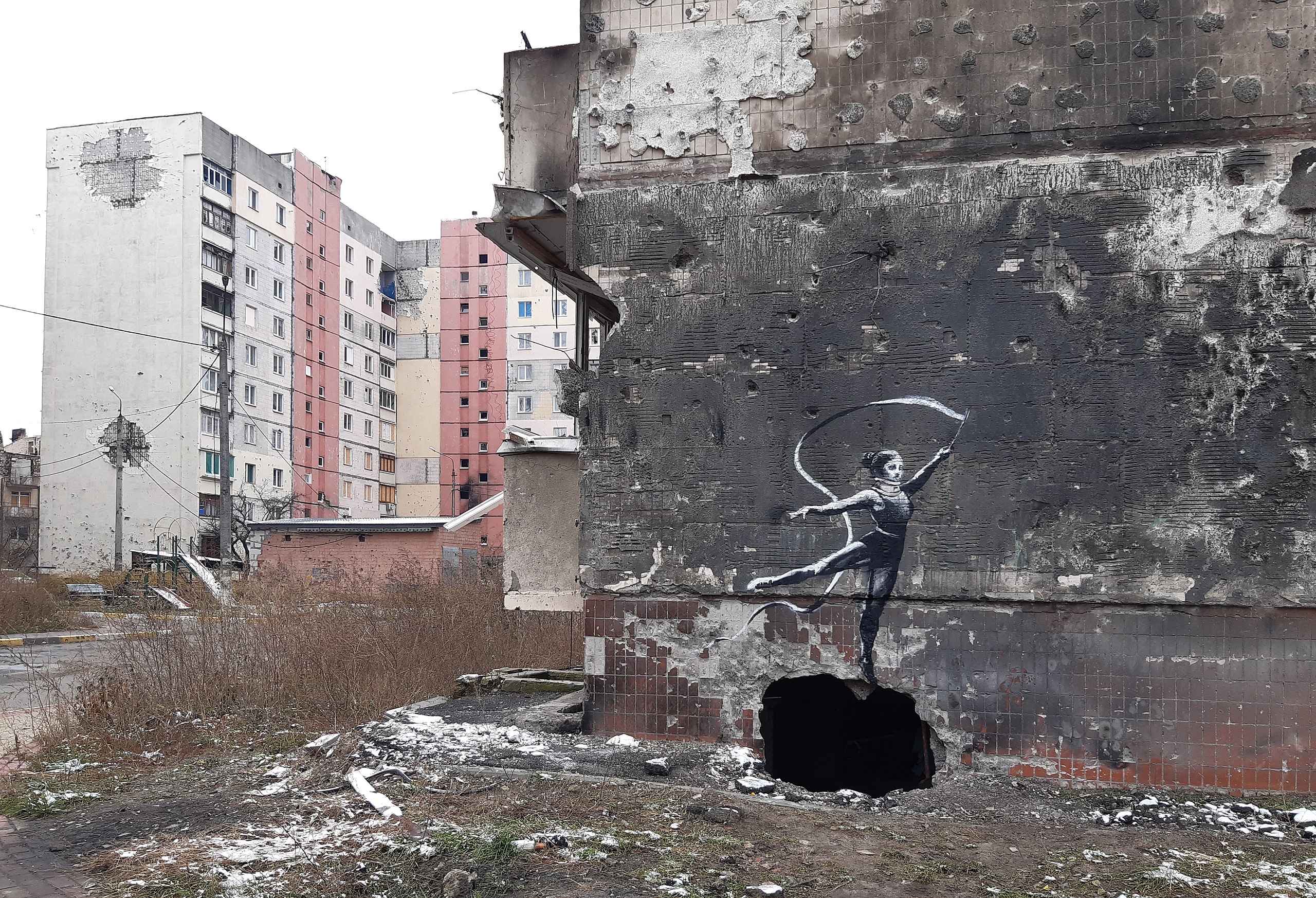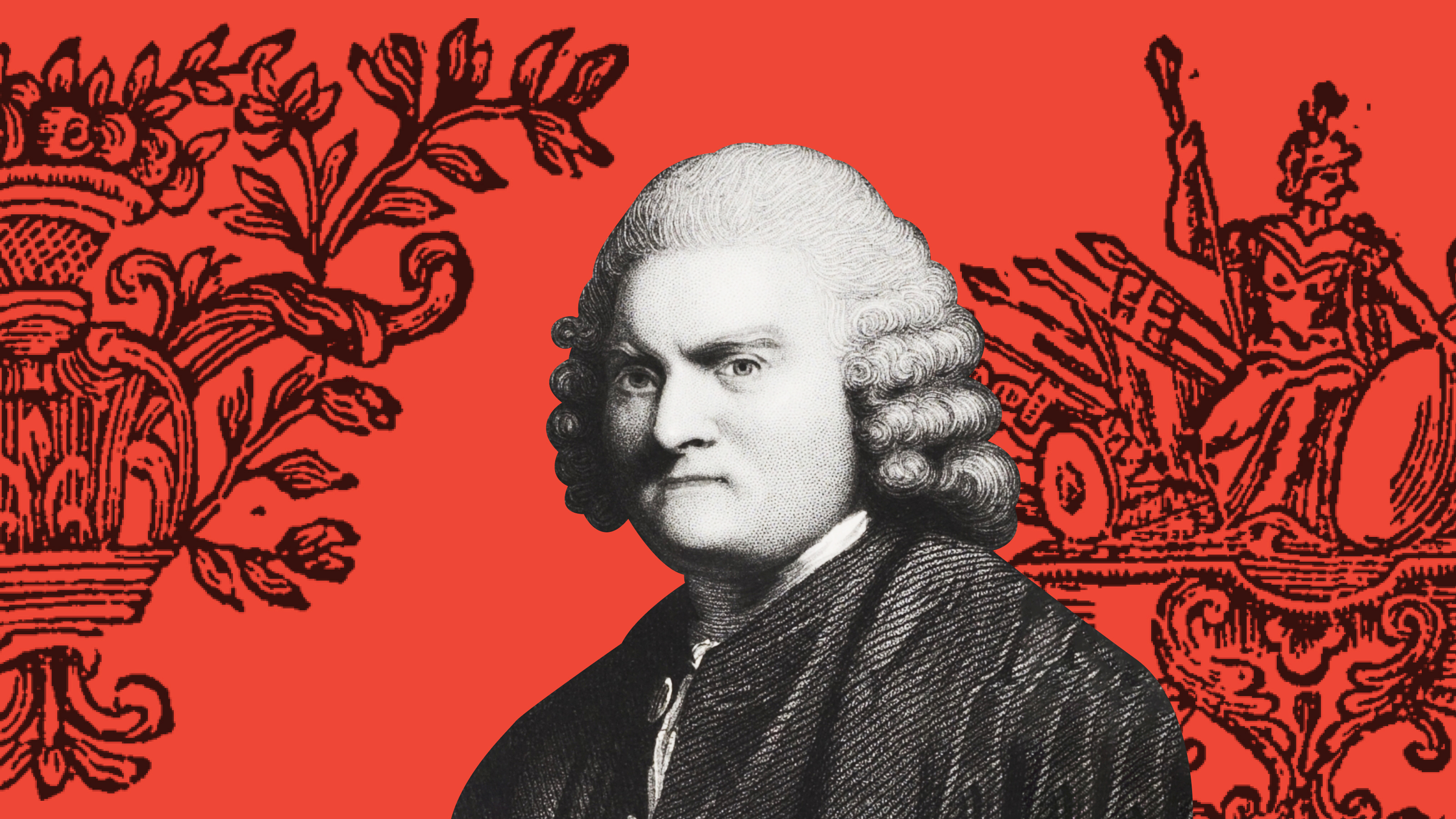Can an Artist Be Too Big to Fail (or Jail)?

The phrase “too big to fail” still rings hollowly and painfully for everyone who remembers the 2008 bailout of the reeling U.S. financial system that was termed necessary to avoid the kind of mess our economy’s currently facing now. When I read about Norwegian painter Odd Nerdrum’s facing possible jail time over unpaid taxes and the possibility that he’d have to give up painting while incarcerated, I wondered if Nerdrum might be “too big to fail” or, in this case, jail. Even if guilty, is it ethical to force an artist, especially one in his sixties, to stop making great art?
The first issue surrounding Nerdrum’s art is that nebulous term “great.” Nerdrum’s style channels Old Masters such as Rembrandt, Caravaggio, and Bruegel, but his content is pure Hieronymus Bosch. Hermaphrodites, often sans pants, roam across nightmare landscapes while wearing vaguely Dark Ages style clothing. Nerdrum actually claims his work is “kitsch,” but undisputed legitimate artists such as Andrew Wyeth have found a kindred spirit in Odd and important museums have collected his works. Ironically, Nerdrum’s art is at the heart of the tax dispute. Norway claims that Nerdrum owes taxes on funds kept in an Austrian safe deposit box. Nerdrum responds that the money kept there was an insurance policy of sorts to be used if some paintings he made in the 1980s using an experimental medium “melted” and the buyers came looking for their money back. Norway either doesn’t buy that explanation or doesn’t care. They want the money or Nerdrum in jail. Norwegian law states that inmates can’t participate in business-related activities while serving time, so that means Odd’s art-making would be stopped for a full two years.
Critics of the decision call the court’s sentence too strict for the crime. Amazingly, some even think it may be more strict than the Chinese government’s treatment of Ai Weiwei, whom they seized ostensibly for tax problems but, in reality, grabbed for his political activism. Nerdrum’s not politically active, but the controversial nature of his artwork may have turned the state into a de facto art critic looking to censor through the power of the law.
Other artists have been seen as “too big to fail” or jail in the past. During World War II, the Nazis allowed Picasso to exist within occupied France despite labeling his art as “degenerate.” In occupied Norway, the Nazis enlisted other artists to entice Edvard Munch, another potential “degenerate,” to support their cause. The Nazis are a unique case, of course, but their desire to get someone like Munch on their side shows that artists could be big enough to court, so they must be too big to fail, too.
Nerdrum’s case goes beyond the typical funding that goes to the arts from governments. The government isn’t subsidizing his art. Instead, they’re threatening to silence it. The next question is if there will be a big enough outcry from the Norwegian and international communities to bail Odd Nerdrum (or the next artist facing a similar case) out. I’m sure that Nerdrum wishes he could close his eyes and make this all go away (as in his Self-Portrait with Eyes Closed, shown above). But if enough people close their eyes to this case, Nerdrum himself might be going away.
[Image:Odd Nerdrum. Self-Portrait with Eyes Closed, 1991.]





